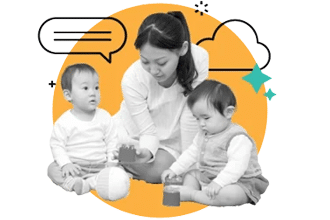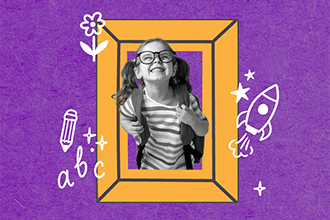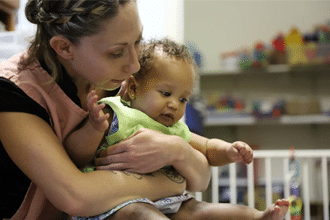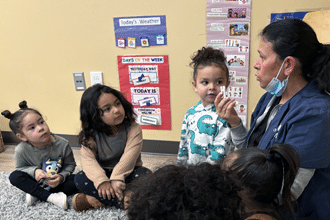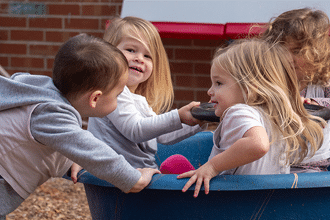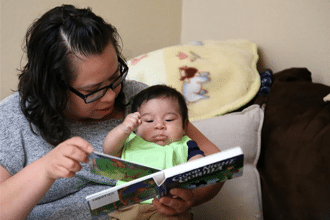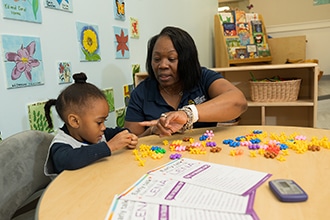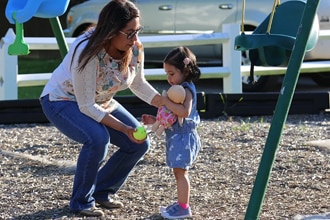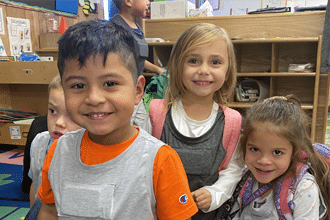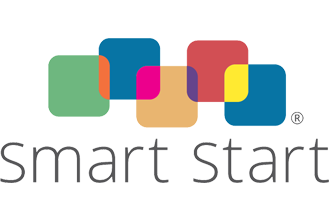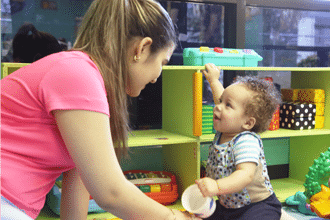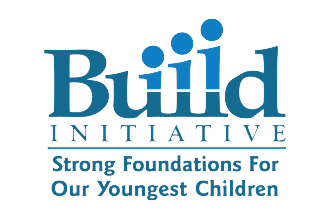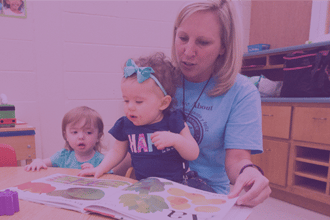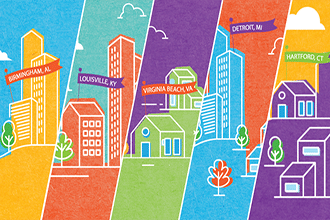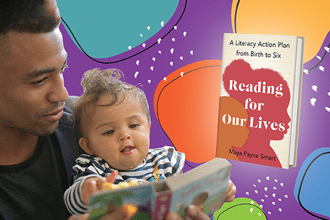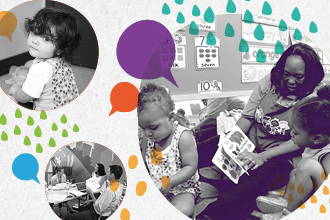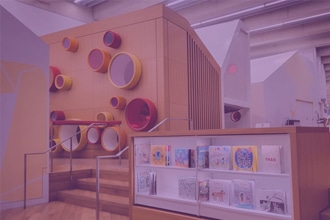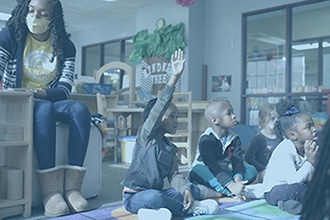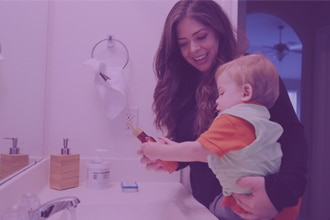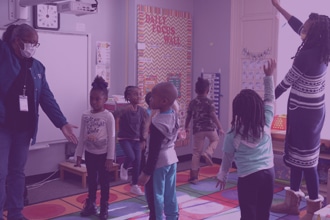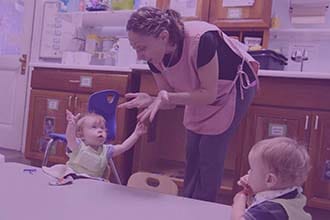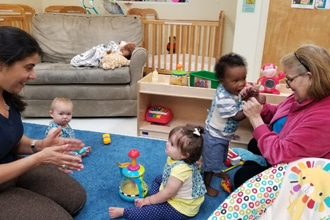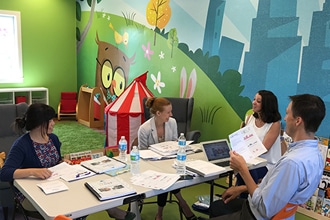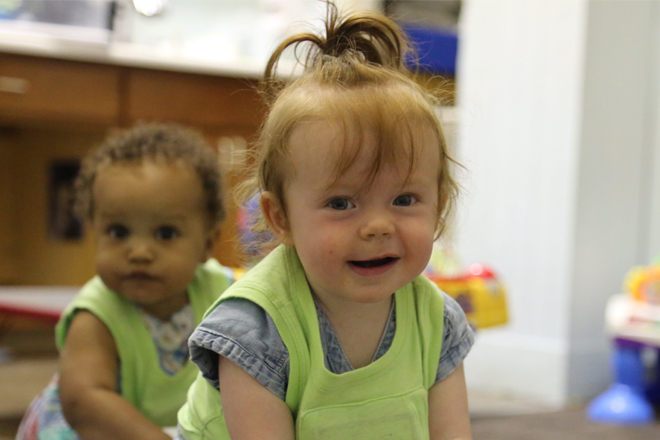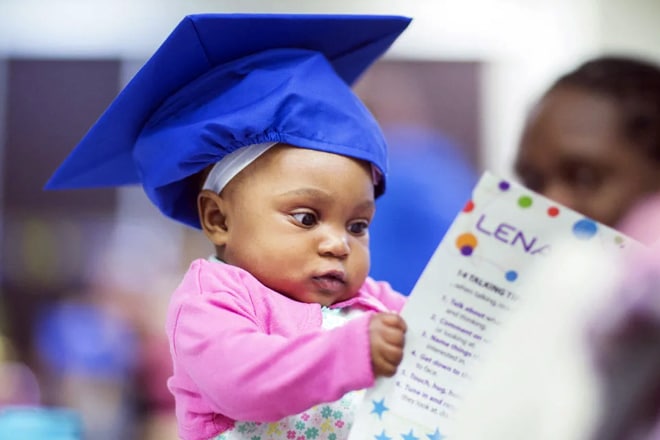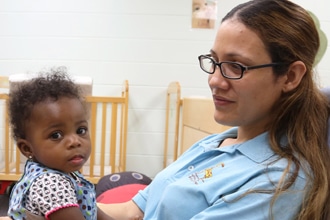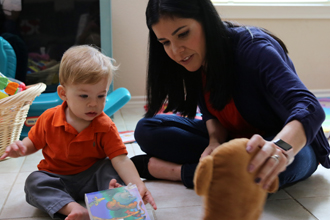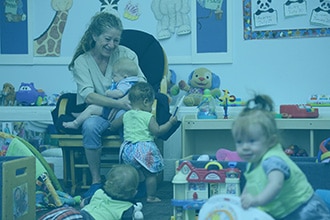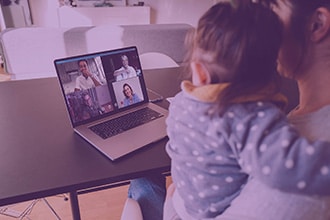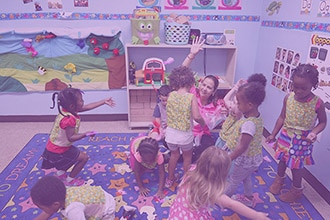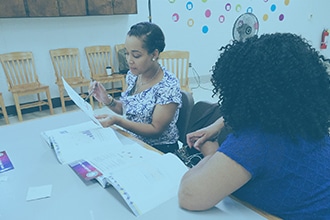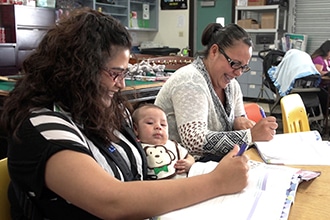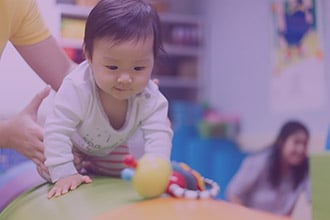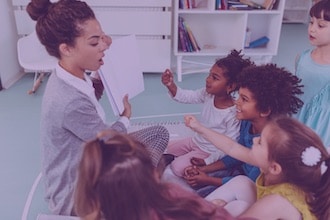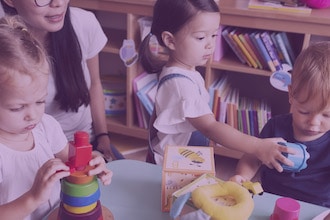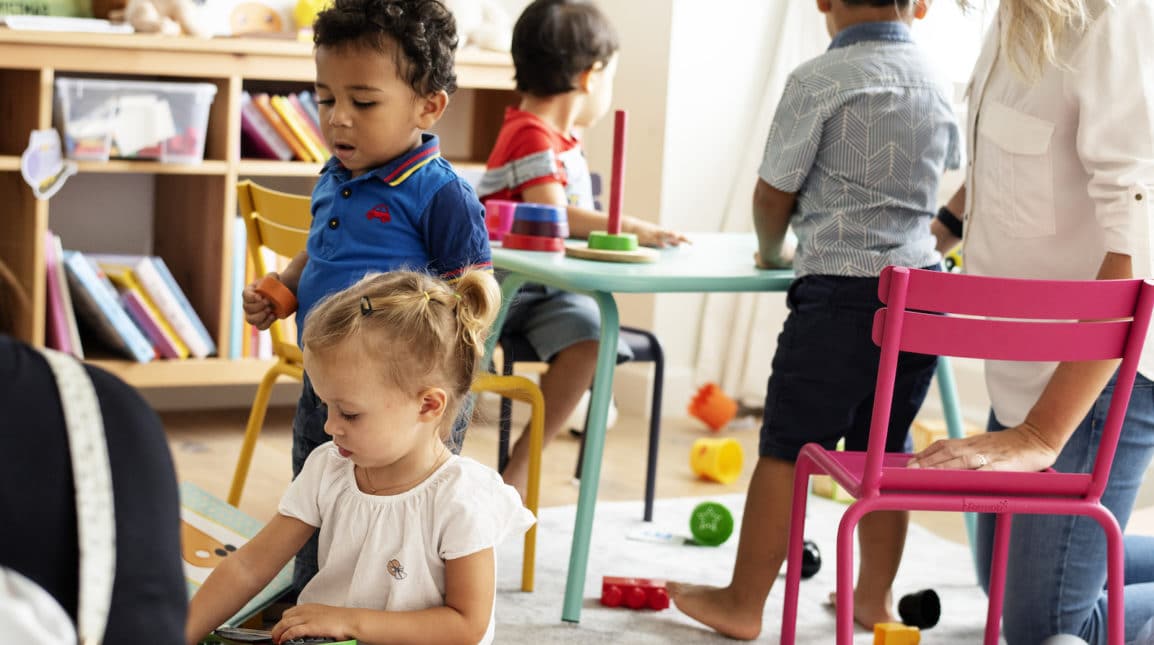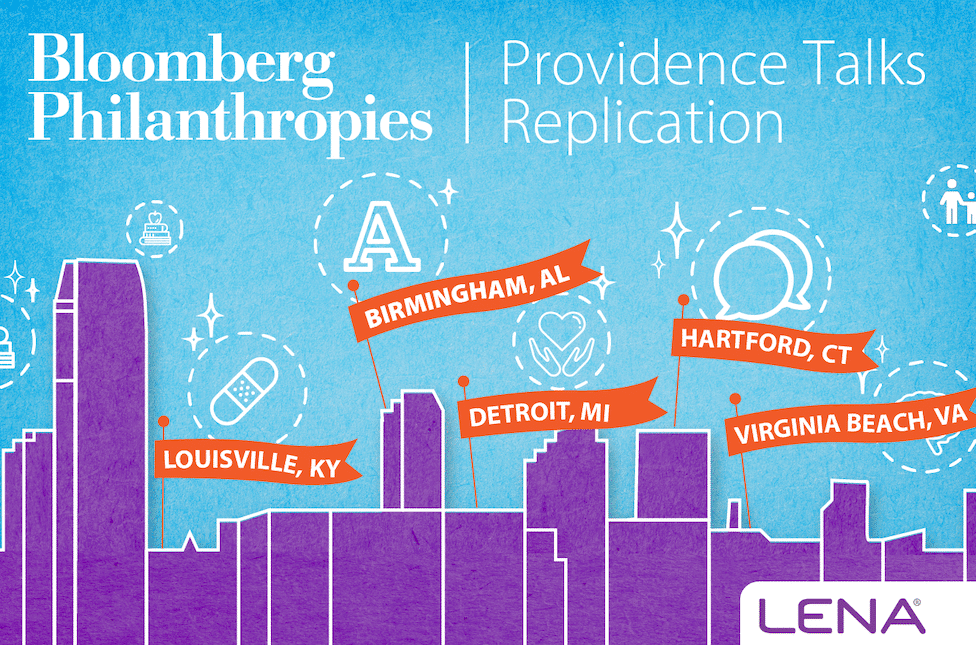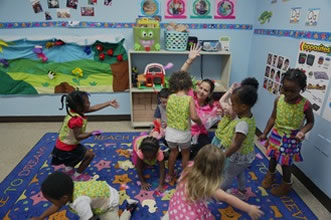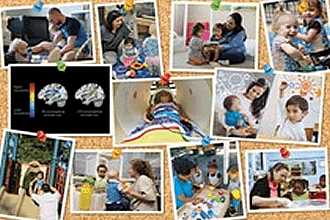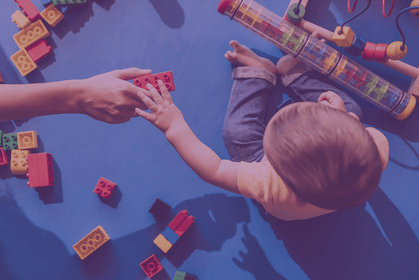Literacy is a powerful thing. When you can read and write, you can aspire to anything. But teaching reading — let alone implementing literacy programming for every child — is not easy.
LEARN MORE
LENA Webinars
Rethinking School Readiness
“School readiness” often gets tangled in a web of standards and divided responsibilities. So let’s simplify it. We’re rethinking school readiness by focusing on the essentials: early language skills that form the bedrock of future success.
Understanding Challenging Behavior in Early Childhood Education
In this webinar we will discuss how a focused approach on educator-child interactions can enhance relationships, support healthy social behaviors, manage challenging behaviors, and prevent them from occurring.
Multilingualism and heritage languages in early childhood education: Amplifying a call to action
In this webinar, LENA’s researchers will expand on their findings about inequities in child care and preschool settings with a new dataset. These findings will act as a springboard to a solutions-based discussion, inviting perspectives from experts on supporting multi-language learners in early childhood.
Sustainable, scalable initiatives in early childhood: What’s next for funding and quality improvement?
It’s no easy task for early childhood leaders to strategically disburse funds from PDG B-5, CCDBG, CLSD, and ARPA grants into the hands of LEAs and CCR&Rs. In fact, the alphabet soup of early childhood education funding streams can be a bit hard to digest, so to speak. In this webinar, state leaders will tell the stories of how and why they invested in initiatives for statewide implementation, as well as their visions for further expansion and impact.
Foundations of Literacy: The Science of Reading
What role may a child’s earliest interactions play in laying the foundation for learning to read? In this webinar, we take an expert deep dive into how conversational turns from ages birth to five fit into the ongoing discussions around the “science of reading.”
Setbacks and Solutions: Helping early educators navigate language and social-emotional delays
It’s more important than ever to equip early childhood educators to address children’s unique needs and help get their language and social-emotional development on track. There’s strong new evidence to suggest that LENA Grow, a language-focused professional development program for early educators, is effective at doing just that.
Support from the Start: The Power of Responsive Interactions in Supporting Infant and Early Childhood Mental Health
What are the most effective, accessible, achievable ways to nurture infant and early childhood mental health/social and emotional well-being in young children? As anyone who has ever cared for a young child or talked to a stressed-out early educator or struggling parent well knows, this is a question that deserves all the attention it can get.
“Because of the data”: LENA Grow at Pasco County Schools
The Director of Early Childhood Programs and an instructional coach from Pasco County Schools, Fla., describe the why and the how of their LENA journey, touching on topics such as family engagement, CLASS scores, funding, and teacher job satisfaction.
Measurable Talk = Immeasurable Benefits: Improving Teacher-child Interactions in Early Childhood Education
Learn how LENA technology supports positive outcomes for social-emotional, language, and cognitive development, delivering equity-minded insights into how children experience interactions on an individual level. Hosted by Smart Start.
Embracing equitable early learning for dual language learners
In this webinar, we’ll outline the mismatch between science and practice around multilingualism. How do we push aside myths about barriers and deficits to arrive at a place where one child’s multilingualism is considered an asset for all?
Evaluating LENA Grow’s impact on early childhood education classrooms
Two independent program evaluations of LENA Grow show links between the professional development program and positive outcomes for early childhood educators and the children in their care.
A New Approach to Data-driven Quality Improvement in Early Childhood Programs
Hosted by the BUILD Initiative and featuring Jodi Whiteman, LENA’s Director of Partnerships and Growth, this webinar examines how state leaders at looking at quality improvement initiatives in terms of cost and scalability, alignment with philosophy, impact and evaluation, and provider perspectives.
ReadPlayTalk: How one school district in Texas is prioritizing birth-to-five
Mesquite Independent School District, serving around 40,000 students in the suburbs of Dallas, has developed a successful early literacy initiative powered by city-wide dedication to a unified vision: School readiness and early literacy are vital for long-term success, and they start at birth.
Providence Talks Replication: Celebrating and Looking Ahead
In 2019, five U.S. cities were selected to receive a three-year grant to replicate the widely celebrated Providence Talks early literacy program. As the grant period draws to a close, we’re sharing their stories of what worked.
“Reading for Our Lives”: A conversation about early talk and early literacy with Maya Smart
In her book Reading for Our Lives: A Literacy Action Plan from Birth to Six, Maya Smart uses the analogy of a road trip to describe the “road to reading” for parents of young children. Early talk can jumpstart the journey.
Say hello to the new LENA Grow: Making every interaction count in early childhood education
Hear the individual stories of how LENA Grow has made a difference at every level of the early childhood education system, and learn about the big picture of LENA’s vision for LENA Grow as it reaches more and more communities.
Libraries as innovators in early childhood education
Learn how two library systems have reconceptualized early learning in their communities and how they’ve incorporated LENA Start into their visions as early learning innovators.
Every interaction counts: Bringing back a thriving culture through early talk
Join ELC of Orange County and ELC of Sarasota County as they share their data and stories on how they’ve increased teacher confidence, competence, and CLASS scores while improving quality assessment outcomes despite the challenges of the past two years.
Do COVID babies “talk” less? Research findings and potential implications
Babies born during the COVID-19 pandemic are vocalizing less and experiencing less interactive talk with adults than their pre-pandemic peers, suggesting they may be at greater risk of experiencing language delays.
Kindergarten readiness and conversational turns: Study results point to a boost from LENA Start
A study out of South Carolina has found a correlation between increased conversational turns and higher scores on the state’s Kindergarten Readiness Assessment.
Staff retention and stress reduction: Bringing positivity (back) into the classroom with LENA Grow
What can we do in the here and now to keep our best educators in infant, toddler, and preschool classrooms? For one, we can rediscover just how wonderful classrooms can be.
Supporting early childhood educators now: strategies for building a voice and a community
Being an early childhood educator has always been challenging, but it seems to be getting harder. This webinar focuses on practical strategies to support educators by giving them a voice and building a community.
The return of in-classroom QRIS assessments: Building confidence among early childhood educators
There’s been no shortage of recent news about early childhood education. Join us for a discussion about a prominent challenge facing early education professionals that keeps a much lower profile: the return of in-classroom QRIS assessments.
Structuring effective community partnerships to grow impact (work smarter, not harder)
A discussion with leadership from community-wide programs about key elements for building successful partnerships.
What the Texas Rising Star QRIS can tell us about quality child care interactions
In Texas, the most recent review of the early childhood QRIS called for a greater emphasis to be placed on caregiver-child interactions. How is Workforce Solutions for North Central Texas using LENA Grow to help child care providers increase quality adult-child interactions?
Recruiting families for community programs
At the heart of every successful family recruitment strategy is effective relationship-building — with the families themselves, with the community organizations that may refer them, and with local media outlets. Join us to learn how a school district in Texas and a library system in Colorado have built buzz around their LENA programs and how they’ve translated that buzz into successful program implementations.
The link between language and socioemotional development
Many previous studies have drawn connections between the quantity of back-and-forth interactions in early childhood and later linguistic and cognitive skills. Importantly, newly published research conducted in Chile has taken a novel direction, determining that infants’ language environments predict their socioemotional skills one year later.
Learning Together: Increasing staff and family commitment to early literacy at Phoenix Public Library
Libraries, early literacy, and LENA go hand-in-hand. In this webinar, Phoenix Public Library talks about its LENA Start implementation, including funding sources, community partnerships, staff development, parent reactions, and effectiveness.
Inside Early Talk: Our point of greatest leverage for improving children’s futures
We find ourselves in the unprecedented position to understand the early language environments of very young children and answer questions we’ve been hearing from the early childhood education field for years.
Virtual Family Engagement: Ingredients for Success
How have our partners adapted to the pandemic’s challenges? Learn about practical strategies that worked for them, and get your creative, problem-solving juices flowing as you design your family engagement strategy for 2021.
Supporting teachers in building a responsive caregiving environment
There’s a wide variability of interactions across child care settings. What makes an interaction a quality interaction, and how do we reduce teacher stress while supporting their drive for quality interactions?
Supporting young children and families during COVID: Launching new programs and adapting to virtual family engagement
We hear from an organization that has recently launched a new LENA Start program and another that has shifted their existing program from in-person to virtual. What are their go-to strategies for effective family engagement in a virtual context?
LENA for Libraries
Learn more about how libraries can incorporate LENA programs into their offerings for patrons. How have our current library partners achieved positive results?
Funding a Head Start Model that Will Change the Course of Children’s Lives: Strategies for a Winning Head Start Application
In September 2020, the Office of Head Start released over $1 billion in Head Start funding competitions. How do you develop a vision and strategy for writing a compelling Head Start application?
Head Start Funding Opportunities
How can we leverage funding opportunities to integrate a trauma-informed approach to accelerating language and literacy skills?
A conversation with Black Family Development on culturally responsive programming through a racial equity lens
Black Family Development, based in Detroit, implements programming to improve outcomes for children and communities. Learn how they do this through a racial equity lens.
Building culturally responsive, strengths-based programming across languages: Approaches from Denver and New Zealand
We talk with program implementers in both the United States and New Zealand who are building culturally and linguistically responsive programming. Learn how they’re succeeding.
Connecting Cradle to Career: Why Universities Need to Care About Early Childhood
Learn how Adelphi University and the University of the Pacific have taken on innovative roles in their communities’ cradle-to-career (C2C) pipelines.
Mitigating the Academic and Social Impacts of COVID-19 in Child Care
COVID-19 recommendations have changed the way child care providers are able to interact with children and support their early academic and social development. How can we continue to adapt while creating a positive learning environment?
Every child ready by kindergarten: A case study in one school district’s vision of early childhood
New neuroscience research shows us that the first five years of a child’s life are the most critical period for brain development. What are school districts doing to give all children an equitable start?
Integrating Innovative Professional Development for EHS/HS classrooms into Statewide Systems
Mississippi is piloting a systems-level approach to supporting Early Head Start/Head Start providers in order to meet their school readiness goals. Learn how they’re rolling out job-embedded professional development designed to increase the quality of caregiver-child engagement.
Integrating Professional Development for Family Child Care Providers into Statewide Systems
Family child care providers face unique challenges. Colorado is trying to combat these challenges with job-embedded professional development. Learn more about the initiative and its early results.
Family Resiliency and Early Language: Leveraging a Public Health Lens With Interactive-Talk Initiatives to Improve Child Outcomes
In this webinar, medical practitioners help us understand early language development through a public health lens. How does interactive talk build family resiliency?
Implementing a new community program: What we’ve learned in the first five years of LENA Start
Learn more about LENA Start, an evidence-based community program designed to engage families and help them learn how to increase conversation with their children during the first few years of life.
Creating Inclusive and Equitable Classroom Experiences
What does equity look like in early childhood classrooms? Learn concrete strategies for supporting coaches, teachers, and administrators in fostering more equitable classroom environments.
Providence Talks Replication: Early Childhood Innovation at the Municipal Level
Providence Talks was one of the first early language initiatives implemented at the municipal level, with support from Bloomberg Philanthropies. Learn how the program is being replicated in five more cities.
Building Classroom Quality Through Language
How can organizations support teachers in building classroom quality through interactive language? See where we stand and learn about the challenges and opportunities associated with increasing interactions.
The Power of Conversational Turns
Three studies published in 2018 show the relationship between conversational turns and brain development. Join us for a discussion with the lead researchers, Drs. Jill Gilkerson and Rachel Romeo, moderated by Shannon Rudisill of the Early Childhood Funders Collaborative.
Field notes: LENA Start implementers on building community partnerships
Forming partnerships is one of the most effective ways to supercharge your program’s reach and impact. In this webinar, hear from a panel of representatives from LENA Start sites on how they’ve identified and engaged key partners.
Beyond the 30 Million Word Gap: A Conversation with Dr. Rachel Romeo
Join LENA’s president and chief operating officer, Dr. Steve Hannon, as he hosts a conversation with Dr. Rachel Romeo, lead author on a study from Harvard and MIT that sheds light on the underlying neural mechanism that makes conversational turns so critical for brain development.



